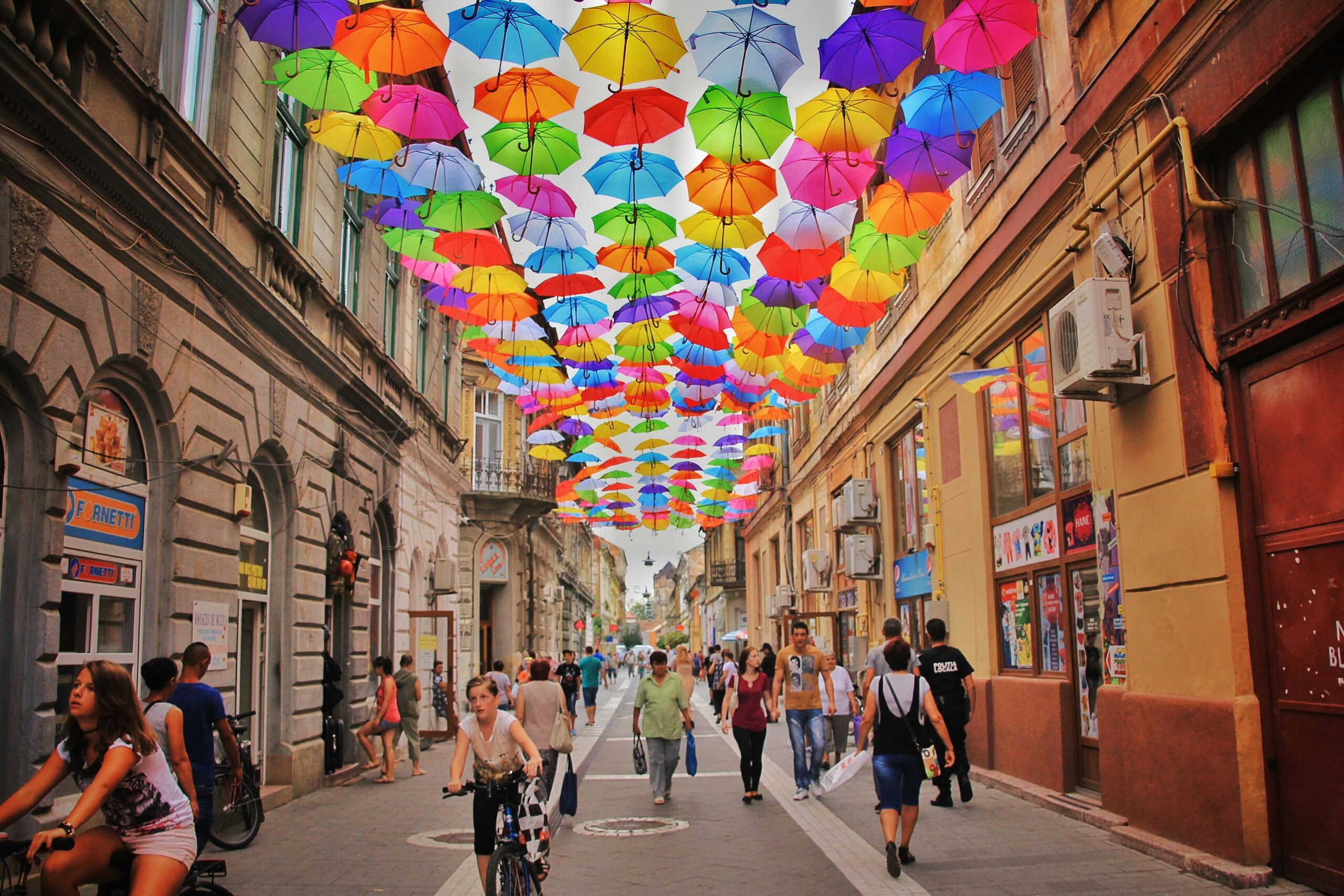Maintenance
Site will be available soon. Thank you for your patience!
For any queries please contact us at info@creativecultureint.com

Site will be available soon. Thank you for your patience!
For any queries please contact us at info@creativecultureint.com
